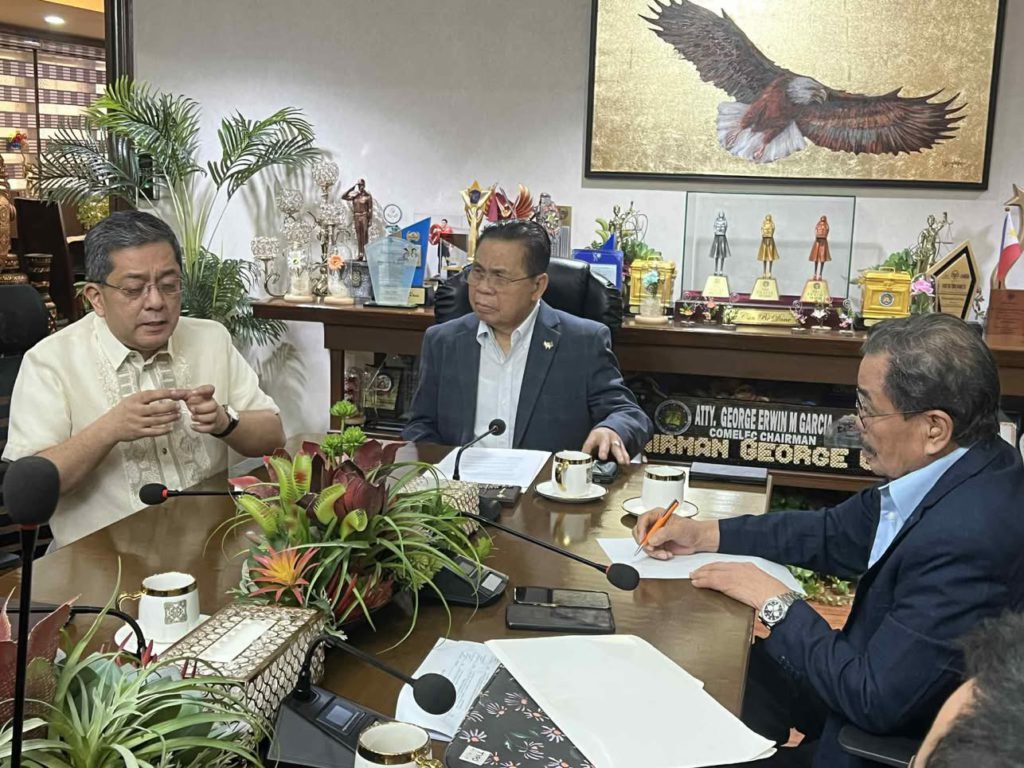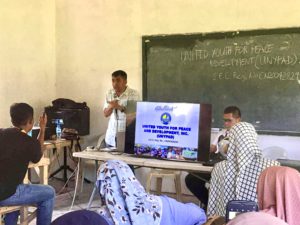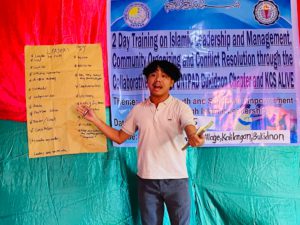
Supporting the Bangsamoro Election as Scheduled: Upholding Democratic Progress and Legal Principles

The upcoming Bangsamoro parliamentary elections are a critical step toward solidifying the region’s autonomy and fostering genuine democratic governance. While some voices raise concerns about the postponements from May 2025 to October 2025, it is essential to understand that these adjustments are grounded in both legislative practicality and constitutional flexibility, not in a disregard for the democratic process.
The Bangsamoro Organic Law (RA 11054), ratified through a plebiscite in 2019, laid the groundwork for establishing the Bangsamoro Autonomous Region. Its provisions include an initial schedule for electing a parliamentary government, which was set for 2022. Subsequent laws, RA 114593 in 2021 and RA 12123 in 2023, postponed the elections to ensure a smooth transition, addressing the complex process of normalization, institution-building, and governance reforms.
Crucially, these postponements are not described as substantive amendments to the BOL’s core provisions. Instead, they are procedural adjustments, transitional measures aimed at facilitating stability rather than altering the fundamental terms of the region’s autonomy. The legislative acts are thus within the scope of Congress’s constitutional authority, especially considering the explicit powers granted under Article XVII of the BOL to amend or revise the law as needed for a smooth transition.
The distinction between procedural and substantive changes is vital in this discussion. Procedural adjustments, such as postponing an election dateare routinely within the powers of Congress, especially if these are meant to ensure the proper implementation of transitional arrangements. Historically, the government has exercised this authority, for example, by delaying local and regional elections when necessary to better prepare administrative and electoral institutions.
The Supreme Court has previously upheld Congress’s authority to adjust election schedules for autonomous regions, provided these changes do not fundamentally alter the democratic mandate or the core provisions of the law. Given that the delays are framed as part of the transition process and not as amendments to the critical features of the BOL, they are, in essence, procedural.
Supporting the scheduled October 2025 election aligns with the broader goals of democratic development and political stability in the Bangsamoro region. Postponing elections indefinitely or resetting them for 2028 risks entrenching uncertainties, delaying representation, and weakening the legitimacy of the Bangsamoro government.
Furthermore, holding the elections as scheduled signifies respect for the processes already in place, the sacrifices made by the people during decades of struggle, and the commitment to a democratic path forward. It ensures that the Bangsamoro’s transition to full autonomy remains on track, allowing local leaders and constituents to exercise their right to choose their representatives and shape their governance. Allah knows best. (Note: This article is shared by BMN/BangsamoroToday with the author’s permission, Abdullah P. Salik, Jr.)

